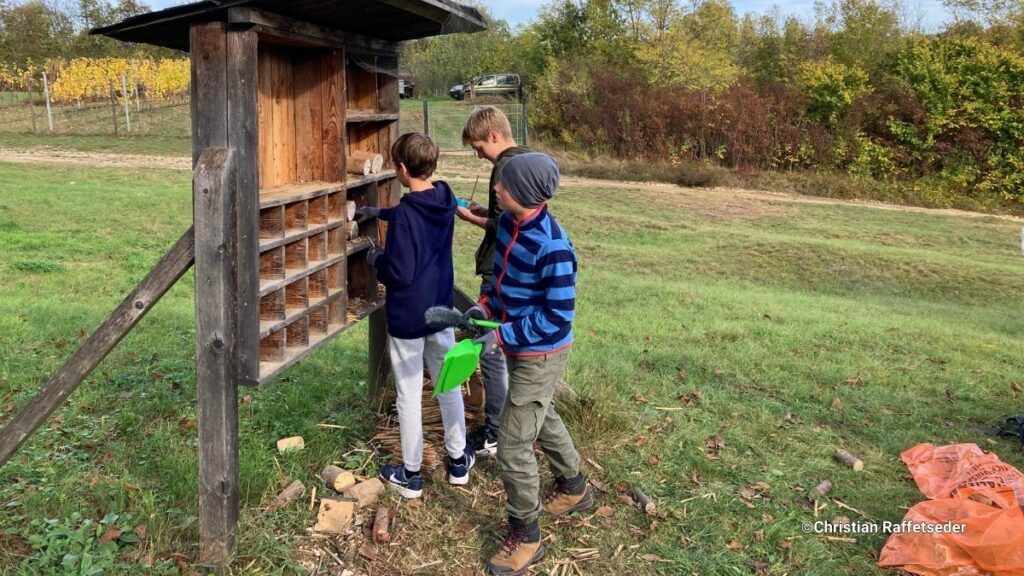The Junior Rangers of Donau-Auen National Park enjoy exciting times whenever the Danube floods turn the landscape upside down. New side arms and pools have to be explored and, unfortunately, a lot of rubbish is washed up. Our interview shows how rangers involve young and older volunteers of the surrounding communities in the protection of this mighty river landscape. With their enthusiasm, the volunteers help to win over locals to protect the natural treasure at their doorstep.
Being out and about in nature and showing others its beauty – Christian Raffetseder is fortunate to be able to live this passion in his job. As a ranger at the Donau-Auen National Park in Austria, he and his colleagues run the Junior Ranger programme and also regularly organise volunteer work with adults. These programmes help to embed an understanding of nature conservation and its rules in society, says the ranger. And feels richly rewarded when children lose their fear of nature.
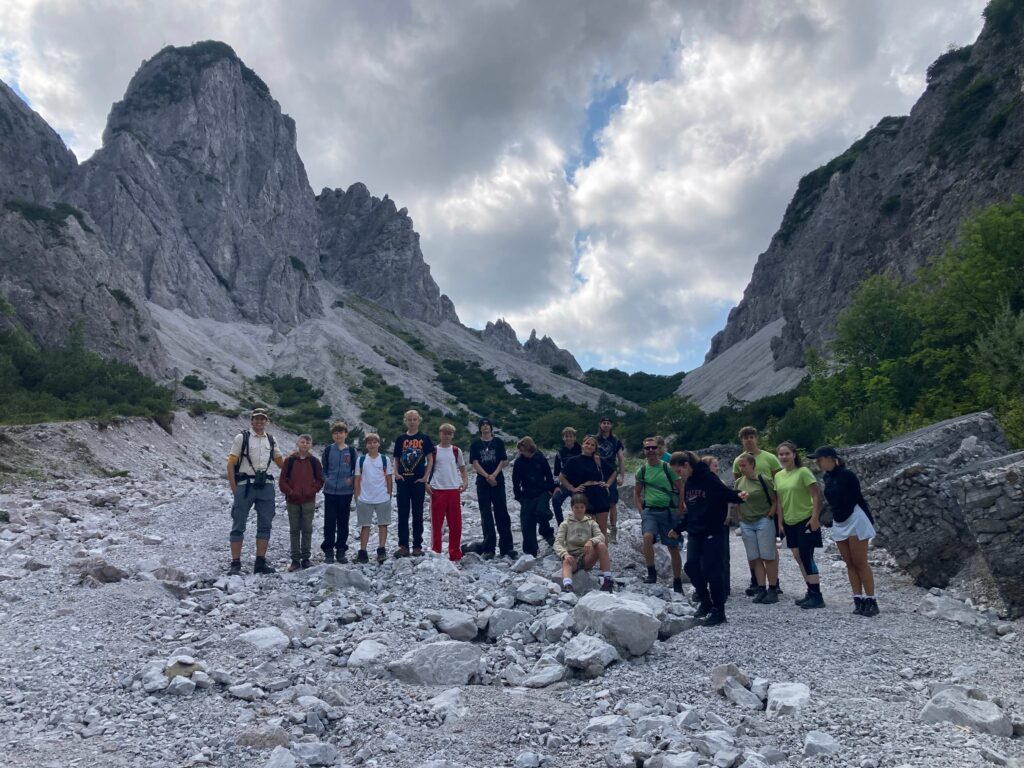
How does your work with Junior Rangers look and what are the most important goals?
Our main goal is to reach out to children and young people from the region. The Danube floodplains lie between Vienna and Bratislava and are around 36 kilometres long. So we have an enormous reach in which many millions of people live. With our Junior Ranger programme, we particularly want to appeal to people from the neighbouring communities. Our programme highlight is a one-week camp in the summer. New Junior Rangers can apply every two years. We also have action days throughout the year: these can be excursions or a special maintenance task, for example removing protective cover from trees or clearing the banks of stranded objects after flooding. We want children and young people in the region to get to know and appreciate the natural treasure that the National Park is. Ideally, they will spread awareness of its enormous value in their communities. They also learn that conservation does not stop at the boundaries of the national park. For example, we have made special breeding boxes for hoopoes or built bat boxes that we install in the surrounding area.
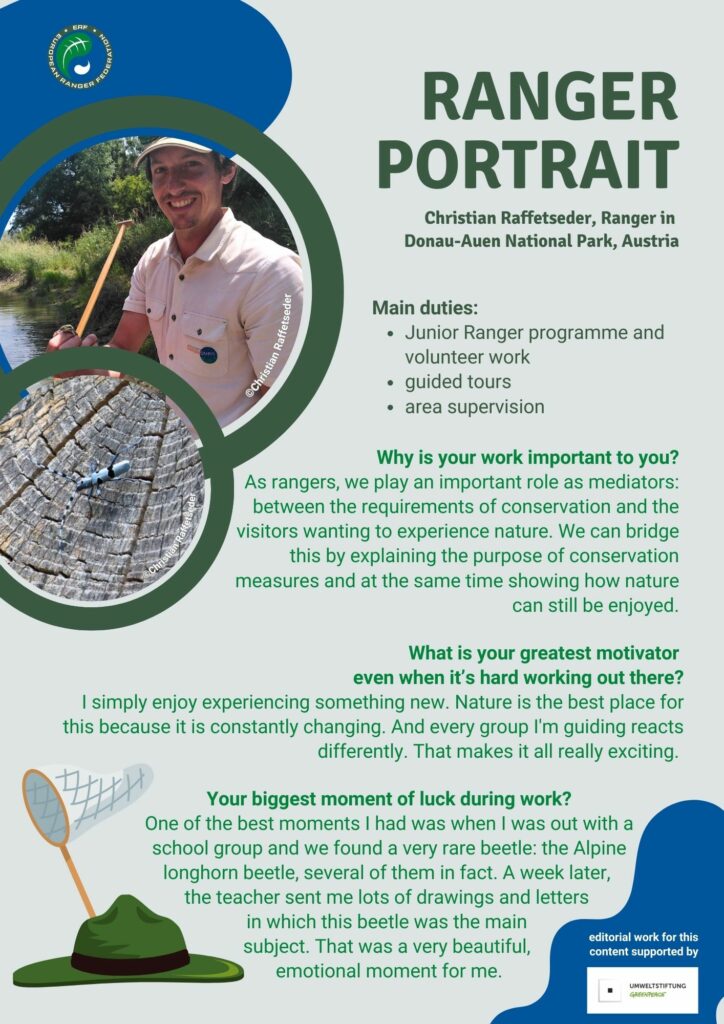
What impact does this programme have on the environmental awareness of the population?
Often Junior Rangers come from families who are already well-disposed towards the national park. However, many take their friends with them, which certainly has a wider impact on the population. I do believe that the national park is also a topic at home and that our work is viewed a little differently by some families as a result. This is important because some people from the national park communities mainly connect it with rules and prohibitions. We want to show that these are not without reason and that there are still opportunities to experience the national park. Junior Rangers can convey this well when they talk about their experiences. And perhaps they will also help to raise awareness of the fact that our work along the Danube in a near-natural alluvial forest of this size is unique in Central Europe.
When do you realise that something has clicked with the children and youths?
Over the years, I actually notice how well everyone has got to know the national park. The older ones, who have been with us for longer, can then pass this on to the juniors. With us, you can start as a Junior Ranger from the age of 10 and stay until you’re 18. And with the knowledge they have gained about nature conservation and the national park, we would like to keep them beyond this age.
‘With the knowledge they have gained about nature conservation and the national park, we would like to keep former Junior Rangers beyond the age of 18.’
That’s why we still organise small activities with the Danube Rookies – a group of former Junior Rangers who have developed on their own and given themselves this name. We are currently running a project for independent learning in the camp area. The Danube Rookies are developing information boards for the Junior Rangers. But we also want to continue to offer them adventures, for example through excursions and group activities.
What skills do rangers need to work with Junior Rangers?
Firstly, as a ranger you already have a job that requires a lot of skills: from knowledge to social skills. Working with Junior Rangers is no different. In addition, you need to have in-depth social skills such as empathy to deal with the personal difficulties of some children. We also have to be very flexible: Every year we need to react spontaneously and adapt our plans for the camps. Creativity is required to find new solutions, for example when the weather doesn’t play along. And calmness, because the camps can sometimes bring together 50 or more Junior Rangers of different age groups. However, we divide the supervision between three or four of us.
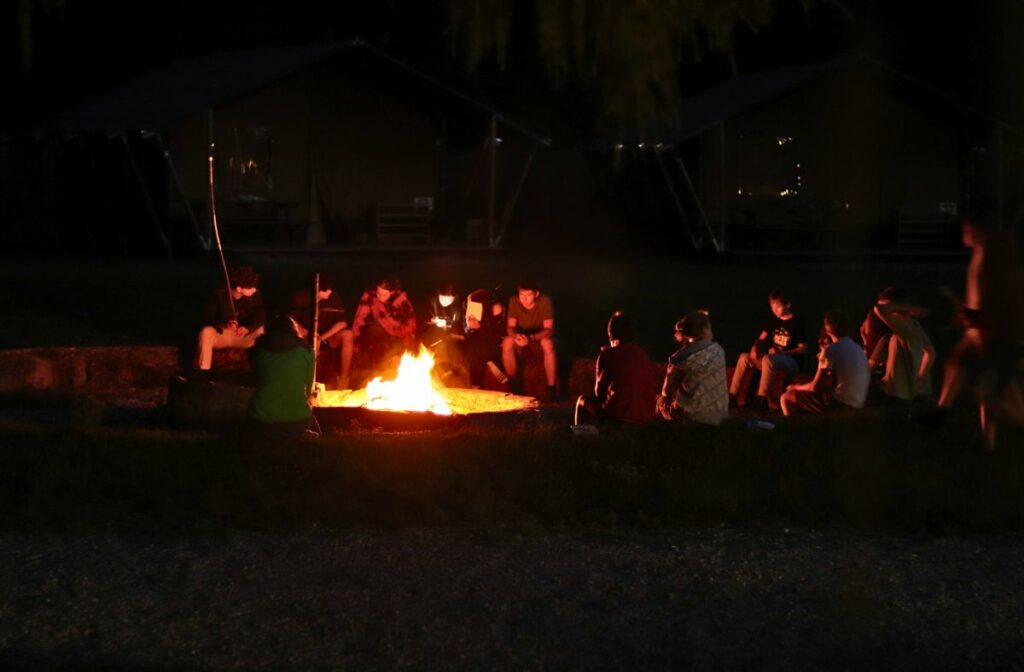
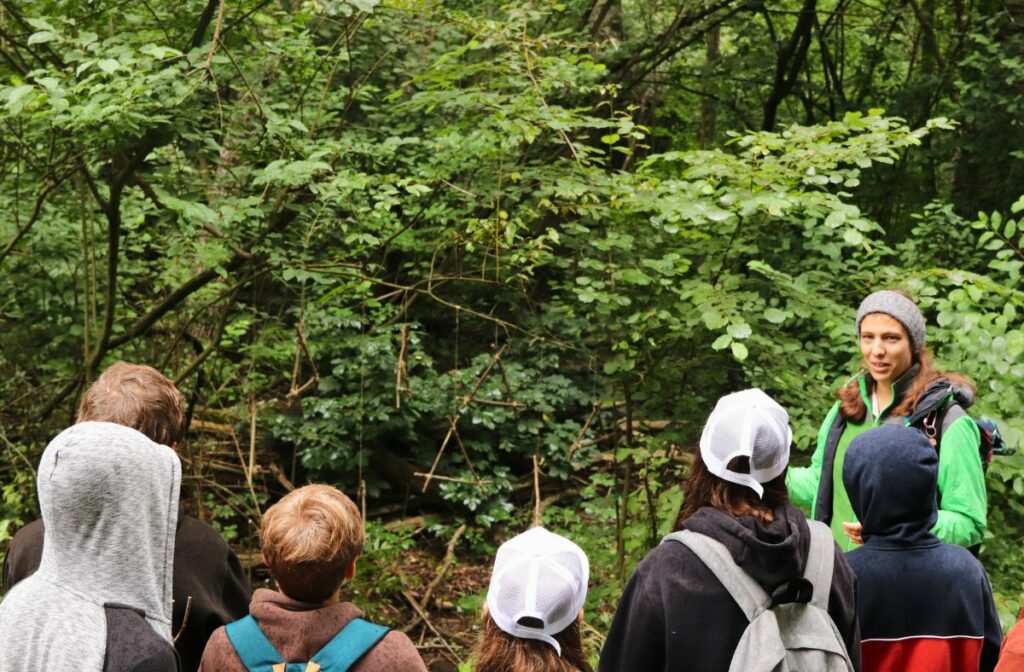
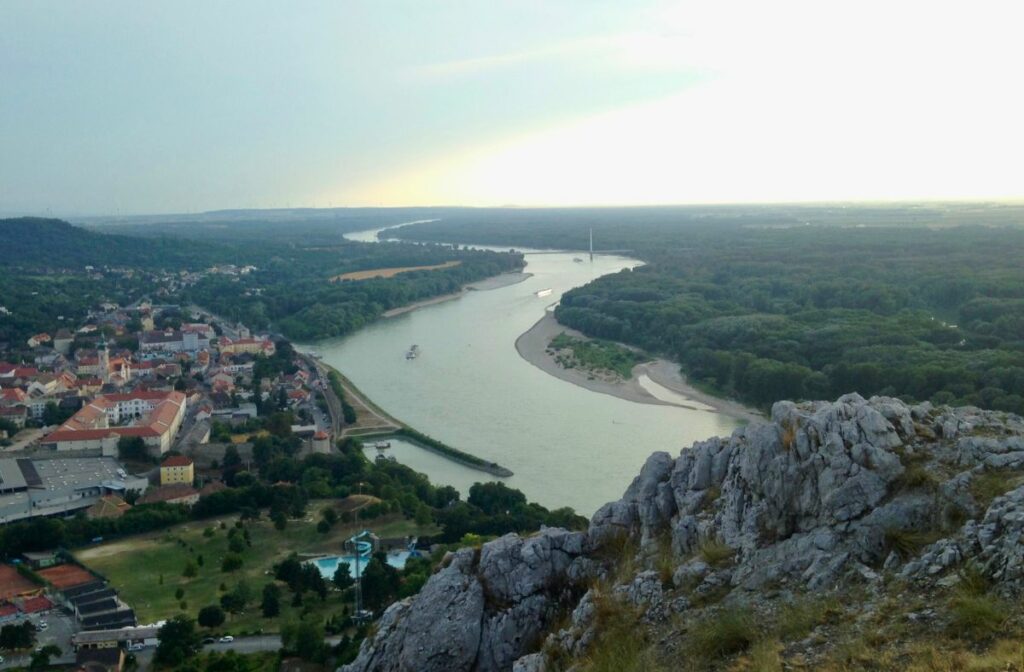
How do you work with Junior Ranger projects at national and international level?
During last year’s camp week, we visited the Junior Rangers in the Gesäuse National Park with our Junior Rangers. That was pretty exciting for us: it’s a completely different landscape where we discovered new and interesting natural phenomena. This year we are planning for the Junior Rangers from the Gesäuse to visit us. I hope we will also be able to exchange ideas with other Junior Rangers in Austria in the future. And there is a conservation organisation in Slovakia with educational programmes for young people, with which Donau-Auen National Park is in contact.
‘It would be great to take part in more international Junior Ranger conferences. That way we could learn from Junior Rangers from several countries and exchange ideas.’
Perhaps this will be our next international exchange, as my predecessors have already taken part in a Europarc Junior Ranger Camp. It is particularly interesting for the older ones to learn more about other national parks. Of course, it would be great to take part in more international Junior Ranger conferences organised by Europarc. That way we could learn from Junior Rangers from several countries and exchange ideas.
There are still no Junior Rangers in many European protected areas. What would you recommend to rangers and organisations wanting to introduce such a programme?
I think it’s good to start small and try to introduce perhaps ten schoolchildren to the area. Most important is continuity, meaning regular meetings where the children get to know the national park. We also try to offer more and more activities in addition to the summer camps so that the Junior Rangers can really get involved in the national park on an ongoing basis. It is also important that the supervising rangers remain as much the same as possible in order to build up trust.
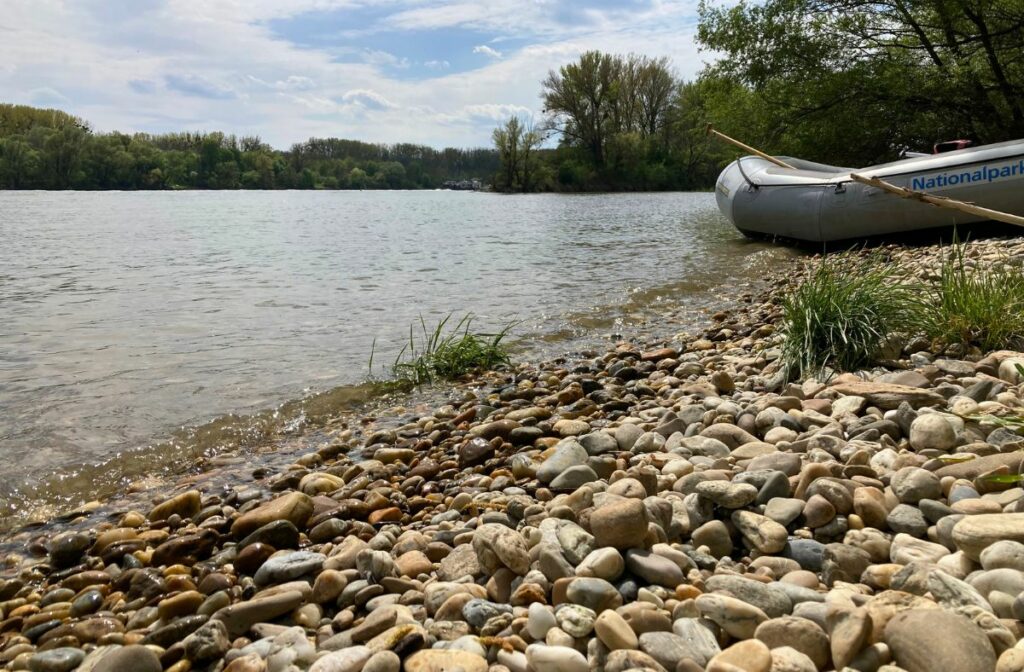
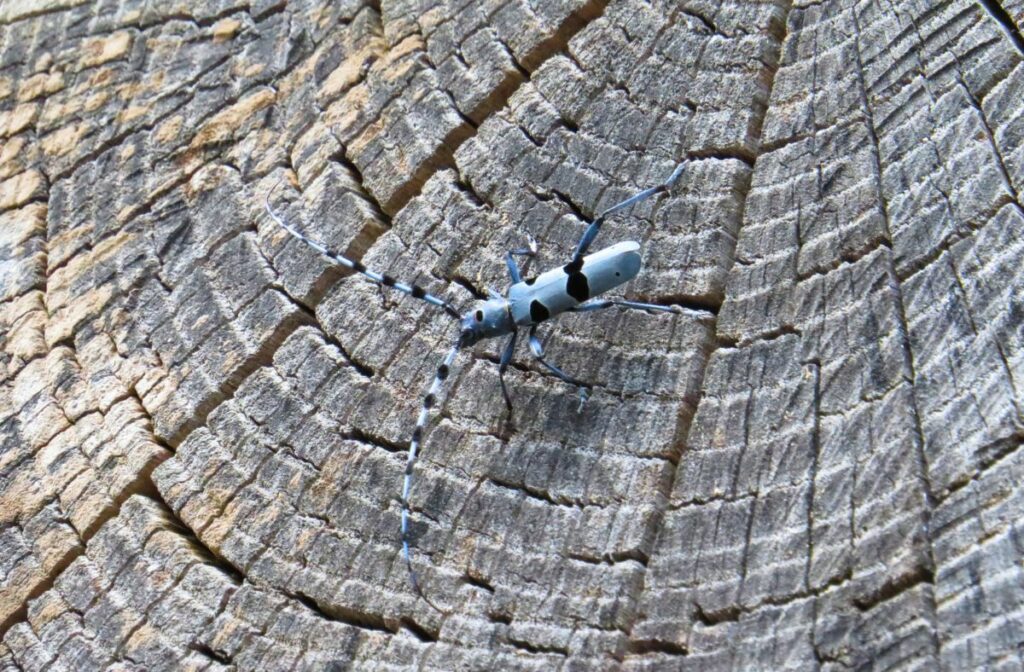
How does working with adult volunteers differ?
They usually come for one-off activities, so there are no long-term relationships like with the Junior Rangers. And they know exactly what they are there for. So we don’t have to explain as much. They are willing to really contribute to conservation, for example by clearing trees or collecting rubbish. I appreciate when companies give employees the opportunity to support the national park during their working hours. Then 20 or 30 people lend a hand and we really get things done. We’ve also had a birthday party where the celebrant wanted to volunteer with the guests. We realise from the demand that these assignments help to establish the idea of conservation in society. It is increasingly seen as important to do something for nature.
How does the work of volunteers help you rangers?
In most cases, volunteer groups are so large that we can do work with them that we rangers can’t do on our own. The work really makes a difference in the landscape. We are therefore grateful that volunteer missions are well received.
‘I appreciate when companies give employees the opportunity to support the national park during their working hours. Then 20 or 30 people lend a hand and we really get things done.’
Collecting rubbish is unfortunately the classic task, because every new flood of the Danube washes up new debris. But when we really pick up all the litter from the gravel, deadwood or bushes on the banks and at the end of the day a whole loading area is packed with rubbish bags, we realise how important this work is. Without it, the habitats would simply become more and more cluttered over the years.
editorial work for this
content is supported by


